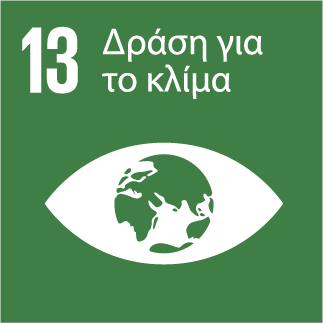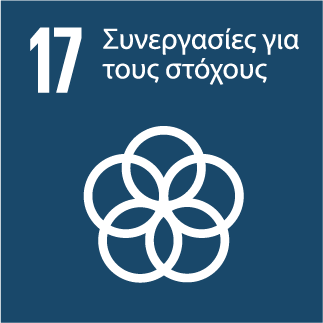AraBat
Description
From the soil, the electrical revolution. AraBat is an innovative circular economy startup that has implemented a revolutionary technology to recycle spent lithium-ion batteries and recover their precious metals (lithium, cobalt, nickel, manganese, others) through agri-food waste without polluting. It is "the most cost-effective and sustainable battery recycling process in the world": it is based on an innovative hydrometallurgical process with green leaching treatment which uses an original leaching mix based on orange peel (from agri-food waste) and citric acid. The startup intends to solve several problems, like the difficult management of spent lithium batteries, the reuse of agri-food waste and the procurement of raw materials for fundamental industrial sectors. AraBat's business model (B2B) considers two possible revenue streams: 1) offering a strategic service for recycling of lithium-ion batteries: today, all the electric companies need strategic partnerships to manage the disposal of their spent lithium batteries in terms of extended producer responsibility; 2) sale of bags (25 kg) of critical raw materials recovered from spent batteries to different types of companies belonging to several sectors (electrical, pharmaceutical, transportation, buildings, etc.). The total battery recycling market was 93,800 tons in 2019, which will grow to 459,369 tons by 2025 with a CAGR (2019-25) of 30%. AraBat's team is complete and heterogeneous. Nacchiero (CEO) is a management and industrial engineer. Since its relevant international academic experiences in famous universities as Leonard de Vinci Business School Paris, he is a business administration expert. He is the president of a cultural association, Associazione NemicoRe, engaged in project related to sustainability and art. Gasperi is an environmental consultancy and green permitting expert. He is the founder of a relevant environmental consulting firm. Binetti (PhD in engineering) is an associate lecturer at Edinburgh Napier University and wrote several scientific papers. Miccolis is a MSc student in industrial engineering. Renna (MS in economics) is a finance and accounting expert. Scarano (MS in marketing) is a communication and digital marketing expert.
Sustainable Development Goals

11. Sustainable cities and communities
AraBat contributes to make the cities sustainable through its circular solution in the field of the spent lithium-ion batteries. They represent hazardous waste since they can emit over 100 toxic gases and they will be produced and consumed in increasing number.

13. Climate Action
The AraBat process is the most sustainable in the world, as it allows you to recycle used batteries through the reuse of another waste (orange peel) and without impacting the environment (using low temperatures and low energy consumption, no dangerous reagents , reducing CO2 emissions).

17. Partnerships
AraBat is the perfect example of a valid partnership system for the common goal for the territorial growth: the startup has in fact created a network (made up of local companies, universities and research centers, non-profit associations) that supports it at a strategic and operational level. The main partner of AraBat is the University of Foggia which has made its laboratories (STAR Facility Center) and its research teams available to validate - together with the founders of AraBat - the technology on a laboratory scale.


